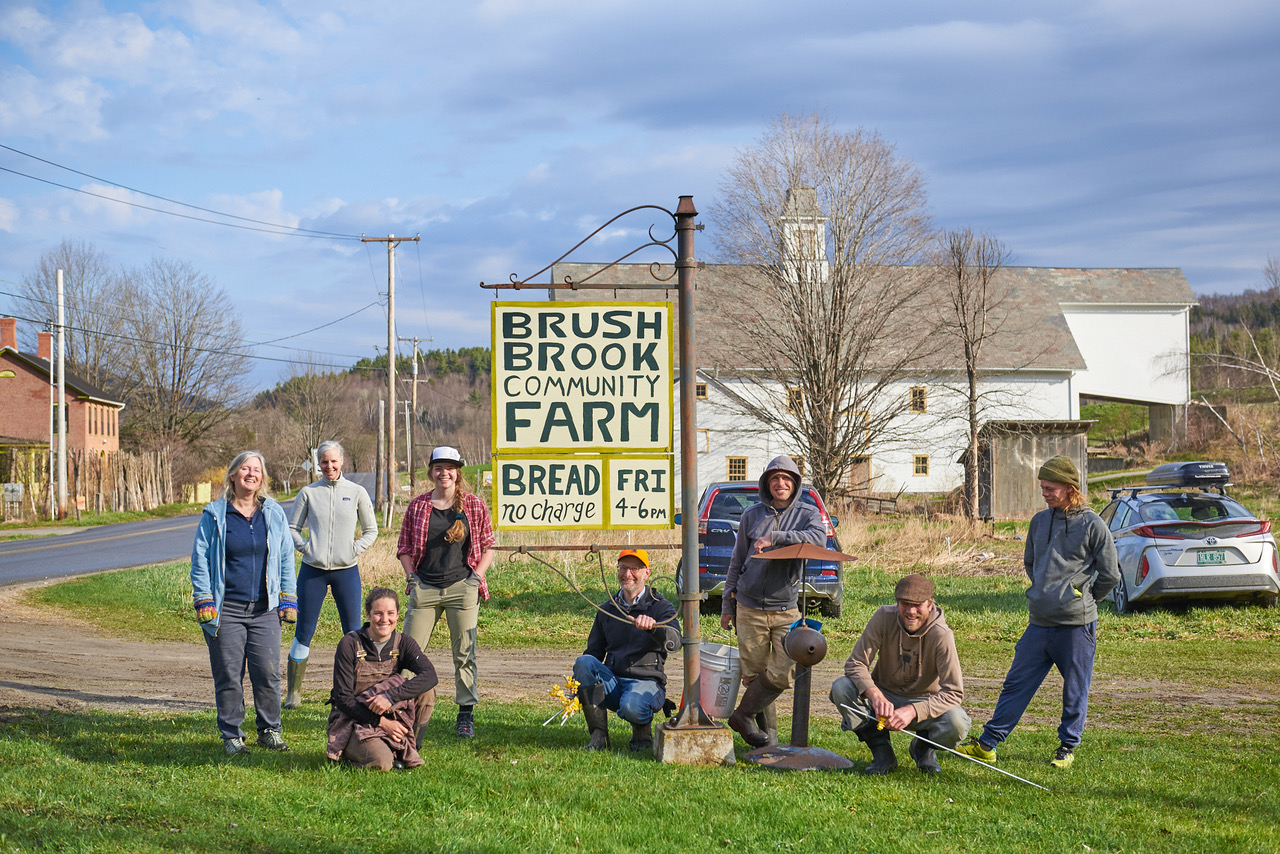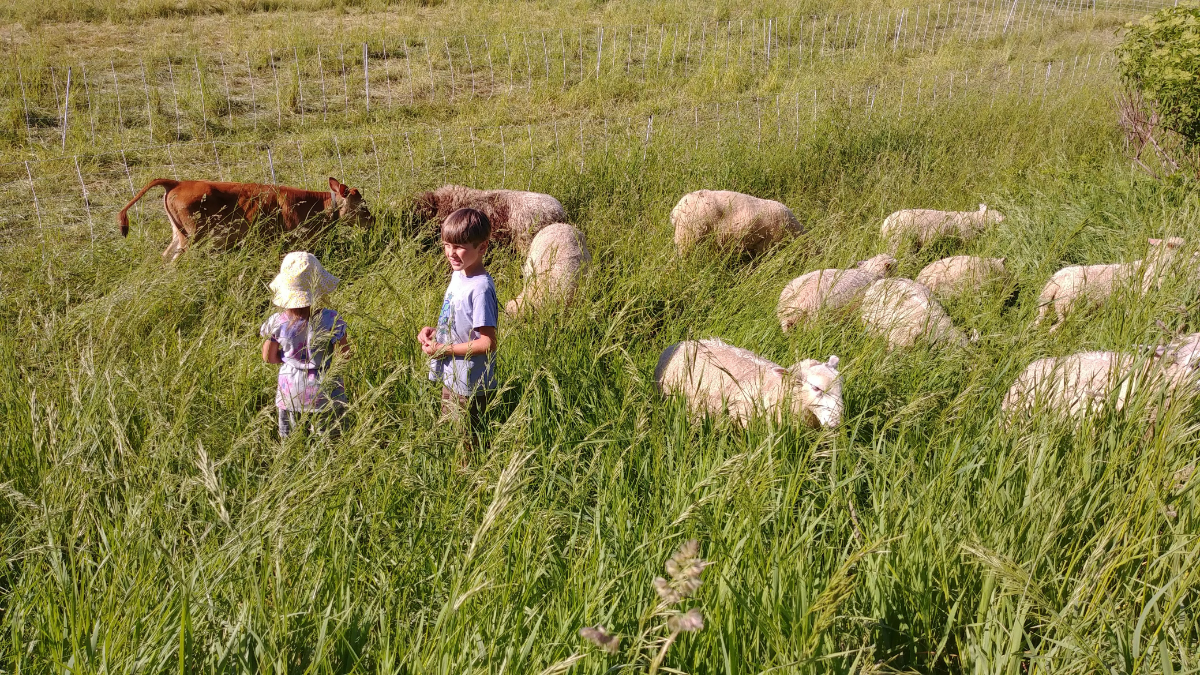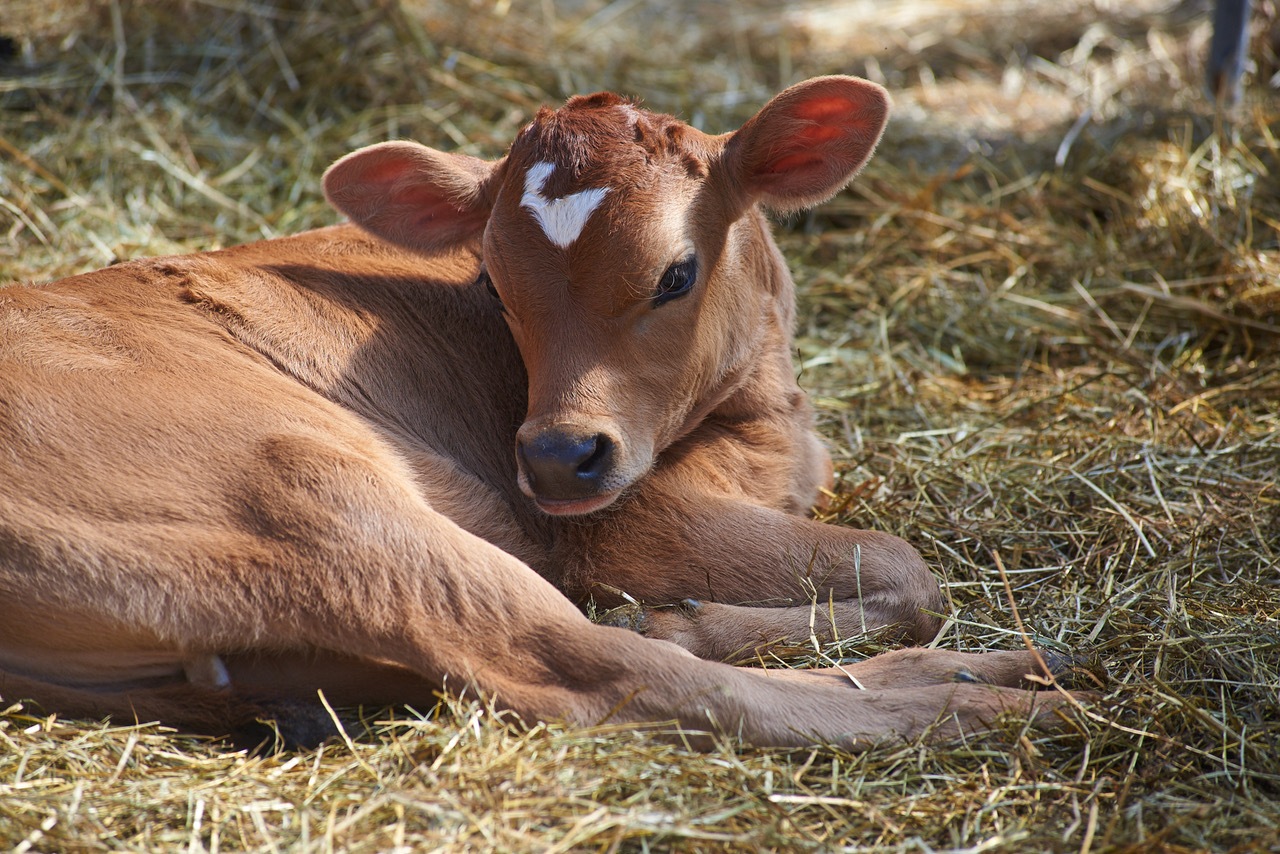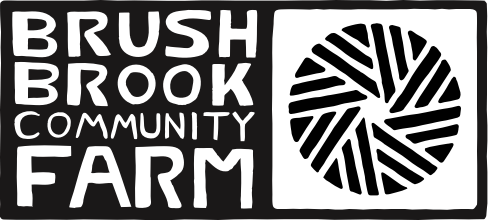Our Mission

At Brush Brook Community Farm, we work in service of this possibility of "mutually sustaining relationships between resident humans and their home places." That a farm, as we commonly use the word, provides sustenance for the human community is assumed. This sustenance, in the form of food, is drawn from the surrounding forces of Nature—sunlight, soils, rainfall—and directed toward the town. The farmer is employed—however tenuously today—by the human community to perform this necessary work. But "mutually sustaining relationships" imply that sustenance passes both directions, that it is reciprocated.
How, then, might the farmer be employed equally by these very same forces of Nature to shuttle sustenance from the human community back toward the wilds beyond the edge of the farm field? How might the farm offer sustenance to deer, fox, and vulture, to maple, oak, and aspen, to the rocky brook, mossy mountain slopes, and cooling North wind? This possibility, this vision of the farm as a site of reciprocity, animates the work at Brush Brook Community Farm. And so, the work of the farm is the work of re-animation—returning dynamic aliveness to the more-than-human life world that is, as Berry suggests, "the source and substance of our lives."

The Mission of Brush Brook Community Farm is to extend reparations to the More-Than-Human World by amending our relationships— both Human-to-Human and Human-to-all-that-is-not-Human. This careful, relational work is by definition local, as we cannot repair what we cannot look in the eyes. Sustainable, cooperative, deeply local growing and gleaning practices are employed to procure food which is then cooked and baked and given as gifts.
"We seem to have forgotten that there might be, or that there ever were, mutually sustaining relationships between resident humans and their home places in the world of Nature. We seem to have no idea that the absence of such relationships, almost everywhere in our country and the world, might be the cause of our trouble. Our trouble nonetheless exists, is severe, and is getting worse. Instead of settled husbanders of cherished home places, we have become the willing parasites of any and every place, destroying the source and substance of our lives, as parasites invariably do."
Wendell Berry, 2017

We believe that that practice of Agriculture—the word itself grown from the root word "Culture"—must be understood as Culture Work. Not long ago, all Agriculture and its associated Culture Work, were local. We could describe Culture Work as an intimate conversation between people and their place, a place being made up of landscape— the specific soils, hills, creeks, rivers and weather patterns—plants, and animals. Culture Work, then, is guided by the necessary limits that maintain healthy relationships, by the practice of reciprocity, of mutual sustenance. In a time of mass species extinction, global warming, globalization, and ever-expanding material consumption, it is clear that our relationships to place can in no way be described as healthy or reciprocal, obscured as they are by the vast distances that separate us from the landscapes that physically sustain our lives. The mission of Brush Brook Community Farm—to extend reparations to the more-than-human world—is most simply a practice of radical localism, and can be understood as a journey of homecoming, returning bit by bit to the good work of caring for one another and for the home place that sustains us.
